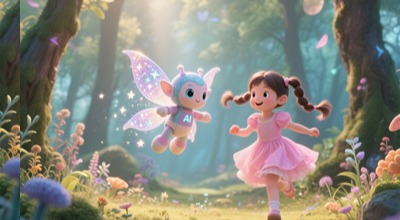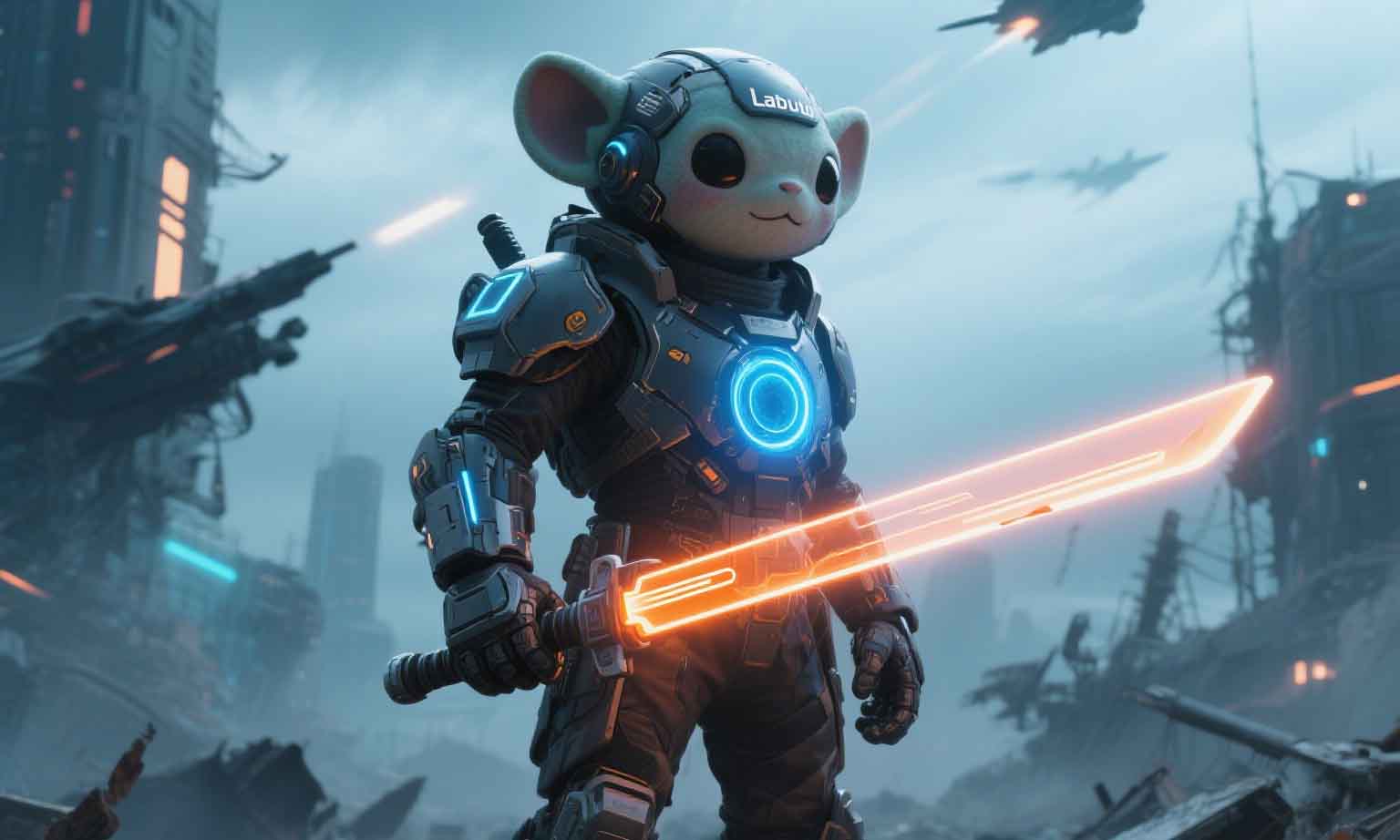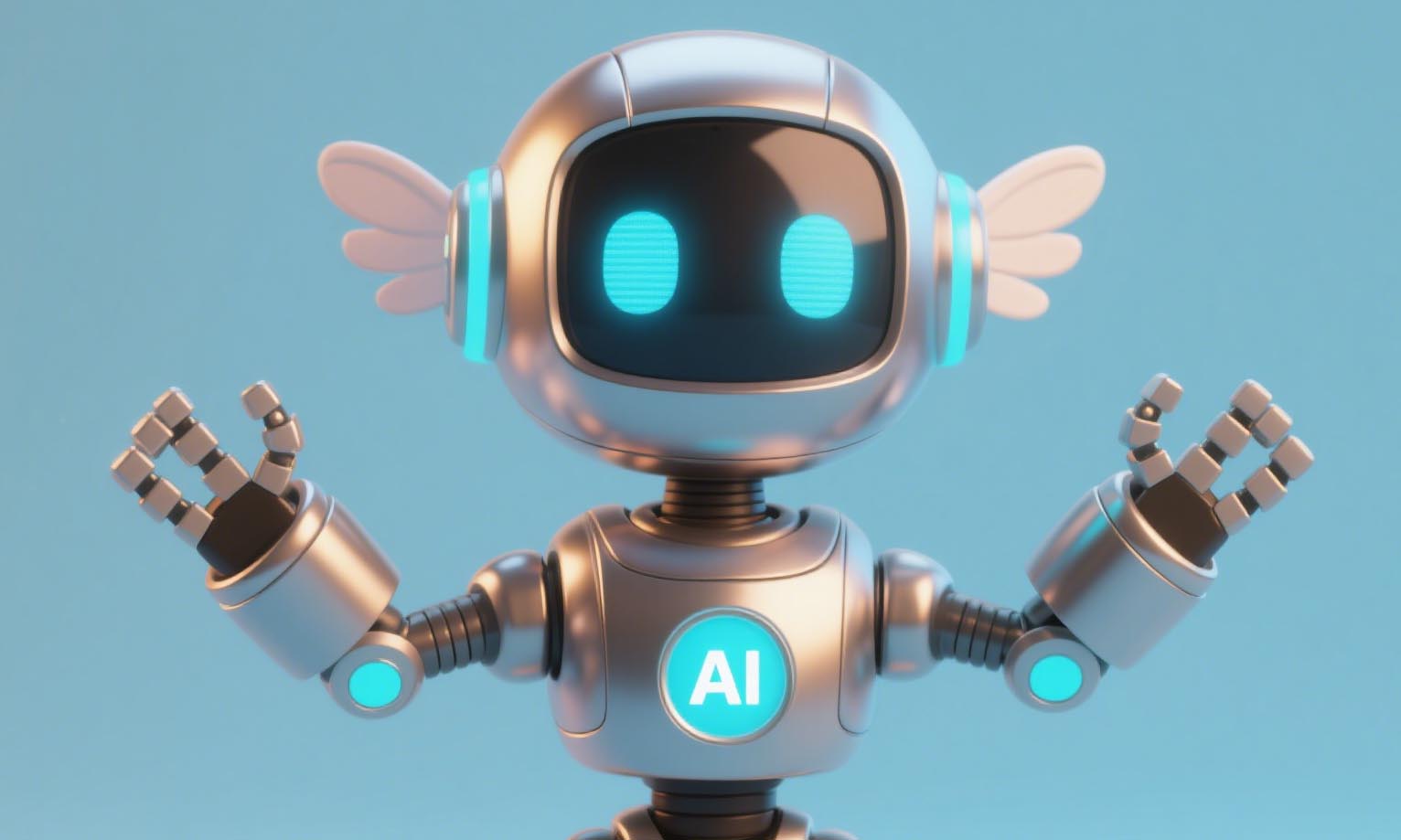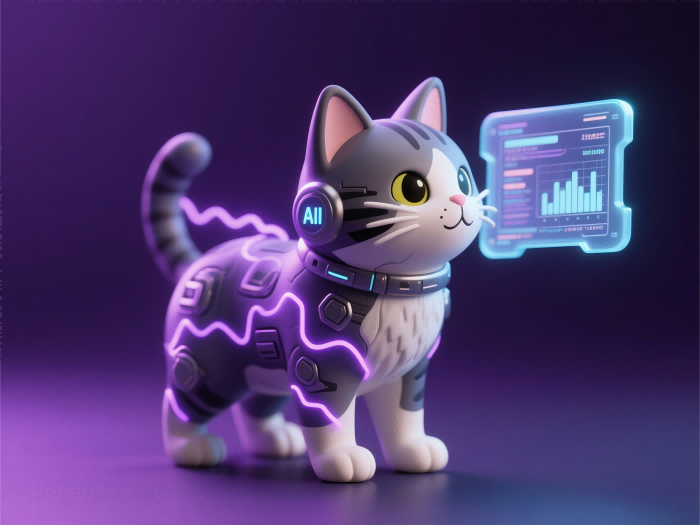The Rise of Smart Play: How AI Toys Are Revolutionizing Childhood Development
The toy industry is undergoing a remarkable transformation as advanced AI technology redefines what playtime can achieve. Educational AI toys represent more than just digital gadgets—they are powerful tools that blend entertainment with AI-based early childhood education, creating dynamic learning experiences tailored to each child's developmental needs. From interactive robots that teach coding fundamentals to plush companion AI agents that support emotional growth, these intelligent playthings are reshaping how children learn and interact with the world. As we examine this technological revolution, we'll explore how scenario-based AI solutions in toys create immersive learning environments, why AI education through play yields superior results, and how manufacturers are leveraging digital IP incubation to create the next generation of smart toys that serve as both playmates and tutors.
The New Classroom: AI Toys as Teaching Partners
Modern educational AI toys have evolved far beyond simple electronic flashcards or talking dolls. Today's sophisticated playthings incorporate machine learning algorithms that adapt to a child's unique learning style and pace. Take for instance the popular coding robot that begins with basic movement commands for preschoolers but gradually introduces more complex programming concepts as the child's skills develop. These AI solutions in toy form create personalized learning journeys that traditional classroom tools simply cannot match. Research from child development experts shows that children retain information better when learning occurs through interactive play, as the combination of tactile engagement and instant feedback creates stronger neural connections. The most effective AI toys employ natural language processing to hold genuine conversations with children, asking probing questions that stimulate critical thinking while making the learning process feel like play rather than work.
Emotional Growth Through Intelligent Companionship
Beyond academic skills, companion AI agents in toy form are proving invaluable for children's emotional and social development. Therapeutic robots designed for children with autism spectrum disorder demonstrate how AI application scenarios can help develop communication skills through gradual, pressure-free interaction. These sensitive playmates can recognize facial expressions and adjust their responses accordingly, teaching emotional intelligence through consistent, judgment-free practice. For all children, AI-enhanced stuffed animals or dolls serve as confidants that encourage verbal expression while providing comfort—a modern iteration of the classic imaginary friend concept with added developmental benefits. Parents report that children often form deep bonds with these intelligent companions, using them to practice social scenarios before trying them in real life, from making new friends to handling difficult emotions.
Scenario-Based Learning Through Play
The most innovative educational AI toys employ scenario-based AI solutions to create rich, interactive learning environments. Imagine a dinosaur excavation kit where the AI components guide children through a simulated paleontological dig, adjusting the challenge level based on the child's progress while teaching real scientific concepts. Or consider a smart globe that transforms geography lessons into thrilling adventures, sending young explorers on AI-generated quests to discover world cultures. These immersive experiences leverage advanced AI technology to maintain the perfect balance between education and entertainment—what experts call the "flow state" where learning happens most effectively. Toy manufacturers are increasingly collaborating with educators to develop these scenario-based toys, ensuring the content aligns with curricular standards while maintaining the magic of childhood play.

Smart Play for the Whole Family
The impact of AI toys extends beyond children to involve the entire family unit. Modern family educational AI assistants embedded in play systems help parents actively participate in their child's learning journey. These systems provide insights into a child's developmental progress, suggest complementary activities, and even offer conversation starters to extend learning beyond playtime. Some advanced setups function as one-stop AI agent solutions, connecting physical toys with digital platforms to create seamless learning ecosystems. For instance, a child might solve a puzzle with physical blocks while the AI system tracks their progress and recommends the next appropriate challenge on a connected tablet app. This holistic approach to play-based learning strengthens family bonds while ensuring educational continuity between school, home, and play environments.
The Future of AI-Enhanced Playtime
As we look ahead, the potential for educational AI toys continues to expand at an astonishing pace. Emerging technologies promise toys that can adapt in real-time to a child's mood and engagement level, or that use augmented reality to blend physical and digital play spaces seamlessly. The growing field of digital IP incubation is enabling toy creators to develop richer characters and storylines that evolve with children over years of play. Future AI toys may serve as lifelong learning companions, growing in complexity as the child matures from basic shape recognition in toddlerhood to advanced STEM concepts in adolescence. What remains constant is the fundamental truth that children learn best through play—and with advanced AI technology, that play is becoming more personalized, more educational, and more magical than ever before. The toy revolution is here, and it's transforming not just how children play, but how they grow, learn, and prepare for the world ahead through intelligent companion AI agents and sophisticated AI solutions designed to nurture both mind and heart.













